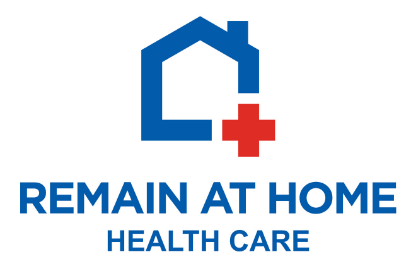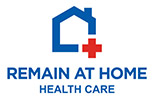Caring for a loved one who is sick, day-in and day-out, can be challenging to say the least. This is particularly true when you are caring for someone who is in the advanced stages of a disease and who may also be suffering from severe depression as a result of their illness. How does one balance performing not-so-desirable caregiver tasks and listening to a daily commentary of negative criticism with the goals of being happy and helpful? In short, how does a caregiver maintain sanity?

Brian Carrigan
Founder & Co-Manager
Like it or not, we can become products of our environment. We might even feel our own selves becoming “infected” when the ones we love constantly complain or are argumentative. I’m talking about the “rub-off” factor. How can you possibly maintain being a positive person in the face of such adversity?
Listen with sincerity and interest. In communicating with our loved ones, it may be true that we are always listening for something, but we might not always be doing so the right way. Let me explain:
Truly connecting with a sick person means sometimes filtering out the negative (simply stop listening to it), and instead, listening for a learning opportunity, i.e.: listen to find out something new and concrete about what has happened to your loved one that day. Ask yourself what they may have endured to feel as badly as they do. And ask yourself how you would feel if you were in that same position.
Answering these questions may not change your loved one’s negative attitude, but it will change yours, and will help you to hear the essence of what is being said, and ultimately what is being communicated between two people who truly love each other.
-To listen fully means to pay close attention to what is being said beneath the words. You listen not only to the ‘music’, but to the essence of the person speaking. – Peter Senge

